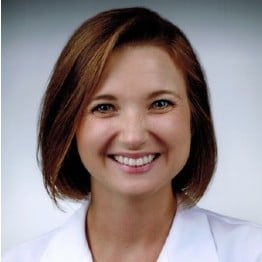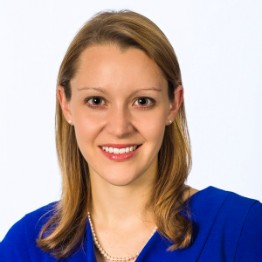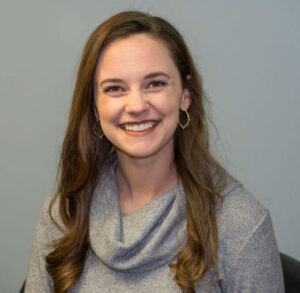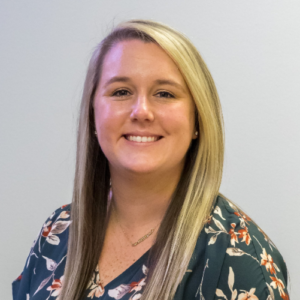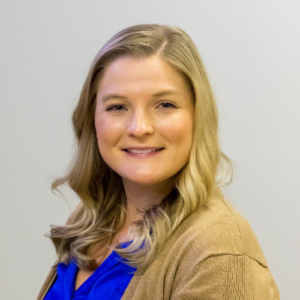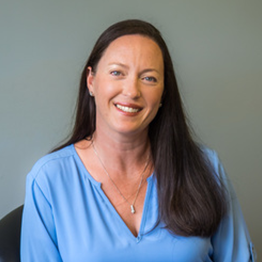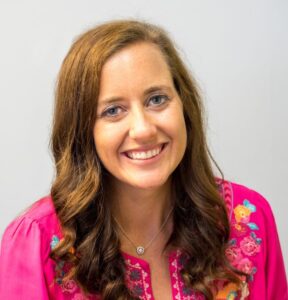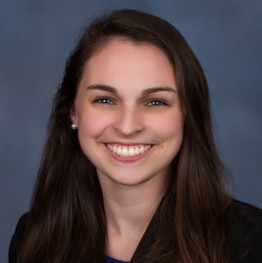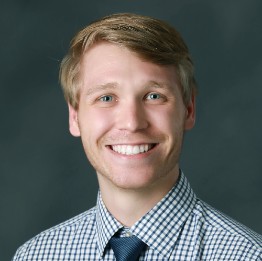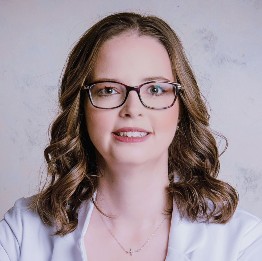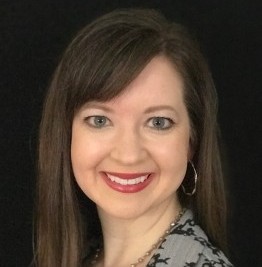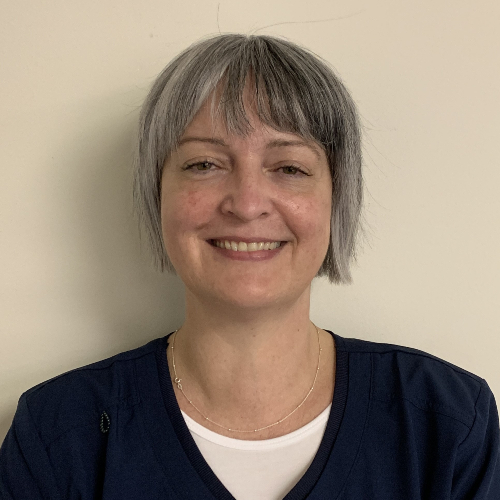As a third year medical student beginning my surgery rotation, I remember sitting in the conference room with the rest of my peers receiving our lists of what surgeons we would be working with during the rotation. For us who knew we weren’t going into surgery, there was one rotation that was dreaded; the most difficult, time-consuming surgical rotation – thoracic surgery. This surgeon performed 8-10 surgeries a day in the OR, running multiple OR’s at a time. He was the only surgeon in the UAB OR at the time that was allowed to even claim 3-4 Operating Rooms at the same time. He was a world renowned surgeon; very, very good at what he did and very, very aware of how good he was. I look down at my paper handed to me – General Surgery, no problem, Urology, even better, Thoracic Surgery, oh no.
And so began the rotation, getting up by at least 4 AM to begin pre-rounding on our inpatient post-surgical patients, then rounding with the resident, then to the OR’s to begin assisting in prepping patients for surgery, scrubbing in and watching and learning from the master in the OR. The day was spent doing open thoracotomies and lobectomies, removing sections of patient’s lungs who had lung cancer, VATS (video assisted thoracoscopic surgery), cleaning out empyemas (collections of pus and infection within the pleural cavity around the lungs), and removing cavitary lesions of patient’s lungs to send off specimens for analysis so we would better know how to treat the patient. Being in the OR with this surgeon was a fascinating experience. He demanded perfection of his team and himself. He came across as the most arrogant man in the universe. In the OR, he listened to certain albums and playlists he had created. His surgeries seemed to be actually timed to those playlists. If he got to a certain song and was not to a certain point in the surgery, we all knew things were off- recoverable, just off. When things were going great in the OR, he was performing surgery by an incredible muscle memory and proceeding with clockwork, and then he would make up other lyrics to the songs pertinent to the surgery he was performing. The one I most remember was Chasing Cars by Snow Patrol.
“We’ll do it all
Everything
On our own
We don’t need
Anything
Or anyone”
I remember thinking how perfect this song was for this god-like surgeon dictating the entire teams of 3 Operating Rooms and acting like he was doing it all on his own.
He came up with nick names for everyone in the OR – mine was Katarina because he thought Uptagrafft was such a weird name and I should have been a German ice skater.
After at least 8 hours in the OR, it was time to round on the patients we had pre-rounded on that morning to present those patients to Dr. Cerfolio for him to evaluate how they were recovering. He would change out of his scrubs into a black suit and tie with his Dansko shoes and we would run through the hospital updating him about patients on the way to their rooms before he would go in to see them. It was here that I handed the man his chocolate milk. Everyday, out of the OR, he wanted to be handed a chocolate milk on his way to round on his patients. I don’t know when the man ate during the day. I guess he did. But at this point in the day, he wanted his chocolate milk. At the beginning of the rotation, his assistant, I think she was a PA (Physician Assistant) that had been with him for years asked which of the students would get his chocolate milk everyday. We all just stared at her blankly and confused. She didn’t offer much explanation except to say it had to happen so I volunteered. So, each day at the end of our OR time, I made a mad-dash to one of the units on the hospital floor stocked with items like jello, popsicles, juice, apple sauce and chocolate milk that were intended for the patients on the floor and I would grab a chocolate milk and run back down to where we would start rounding and hand it to him as he glided through the halls. He would chug it down in about 2 sips and then toss the empty carton with 100% perfection every time into a trash can as we were passing.
At the time, I thought this was so ridiculous. I mean the whole experience felt surreal and it was almost laughable that this world renowned surgeon demanded his chocolate milk in order to make it through rounding on his patients after a day in the OR.But looking back on it, I am so thankful to Dr. Cerfolio for this experience. I knew I wasn’t going to be a surgeon. But even as a 3rd year non-surgical medical student whom he would never remember, he took minutes out of his day to teach me in and out of the OR. He could make really good use of just a few minutes; I learned more anatomy and surgical technique in that rotation than probably any other. I still learn from that experience today by thinking back on how he demanded peak performance out of himself and his teams. He was the best. What he did all day long was incredible – cutting open people’s chests and figuring out ways to do less and less invasive surgery so that his patients would have higher success rates with fewer complications. He is now, I understand, one of the world leaders in performing robotic surgeries and trains other surgeons around the world in using this technology. He was a master of efficiency. I look back on that experience and realize how well he delegated things to others that did not have to be done by himself but allowed him to perform at his absolute peak for the patients whose lives he was saving. The chocolate milk is just one example. And, as ridiculous as it was for me to run through the hospital to get that for him, it would have been more ridiculous for him to go get it for himself. He knew how to use his team to help prepare himself for the upcoming tasks he would take on for his patients.
I think now about that chocolate milk and medicine and what healthcare is becoming. The chocolate milk phenomenon is present in all other medicine specialties too. Not that we are all performing life saving operations daily like he does. But, in healthcare everywhere, more and more is being demanded of physicians who have a finite number of minutes to perform those responsibilities. Regardless of specialty, physicians need to be operating at peak performance. Lives are at stake and peak performance matters. That requires us, as doctors, to utilize a team of people that are working together with a common vision for our patients. It’s the opposite of those Snow Patrol song lyrics “We’ll do it all, Everything, On our own, We don’t need, Anything, Or anyone.”
Medical training to be a doctor is highly competitive and highly individual. It is ingrained into us to always have the answers, always be perfect and never need help. Indeed, we are in a sense brainwashed into “trying to do it all, everything, on our own.” Then, we are thrown into a world of being responsible for our own patient care and the wise doctors realize it’s impossible to continue to try to do it all, everything, on our own. The best doctors, the peak performers, realize that some of the most important people on your team are the ones doing the most menial seeming tasks. The best leaders thank them for it and recognize them for their role in the team achieving the vision. That’s lacking in so much of healthcare, so many doctors see themselves as the strong link in their organization and forget about how important the weak links are. Those are the ones that really affect our outcomes, our customer service, our patient satisfaction.
The responsibilities of taking care of all of my patients requires I have a great team that I can delegate things to so that I can maintain peak performance at the tasks that only I can do. Isn’t it ironic? What this surgeon really showed me, who seemed to be so full of himself and his own performance, was the critical importance of a team you can count on.
In the time since I learned from Dr. Cerfolio, he has earned his MBA and is traveling the world to train other surgical teams in using robotic technology for thoracic surgeries. He has even written a book called “Super Performing at Work and Home.” I will always be grateful for those wonderful and horrendous weeks I spent learning from him.

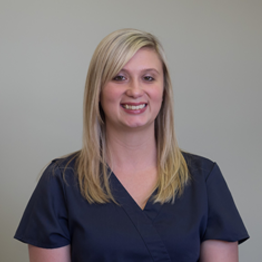
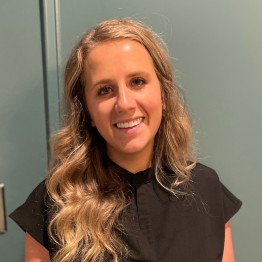 About
About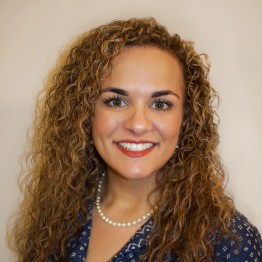 About
About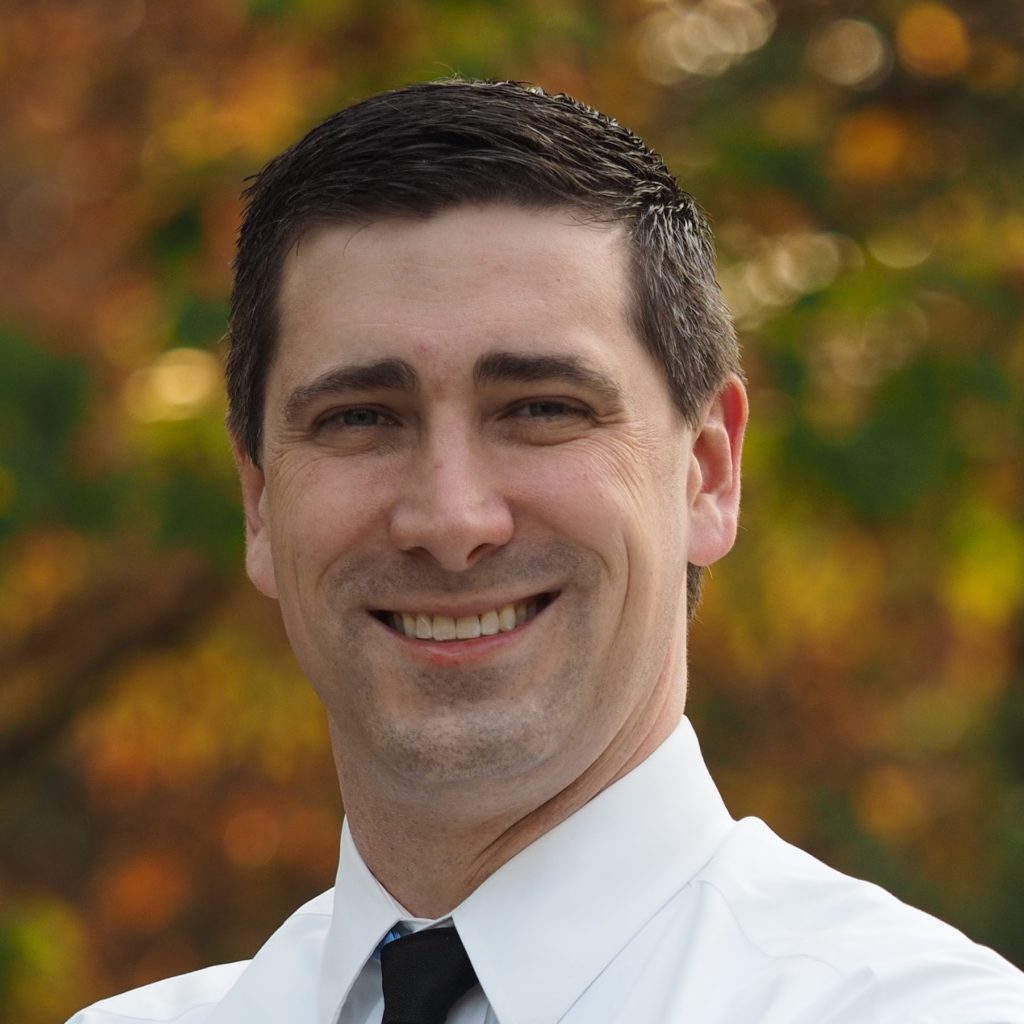
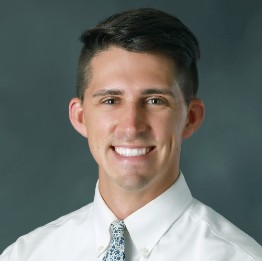
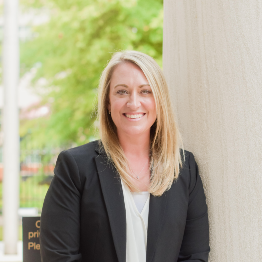 About
About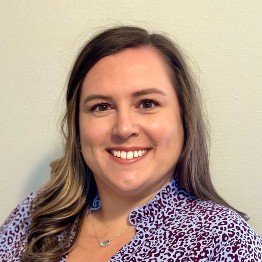 About
About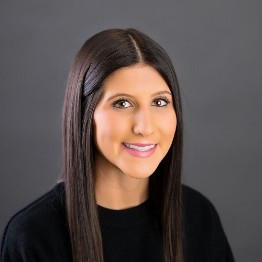 About
About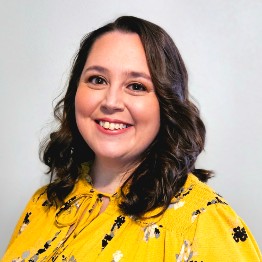 About
About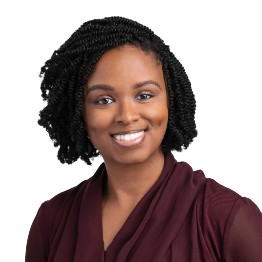 About
About